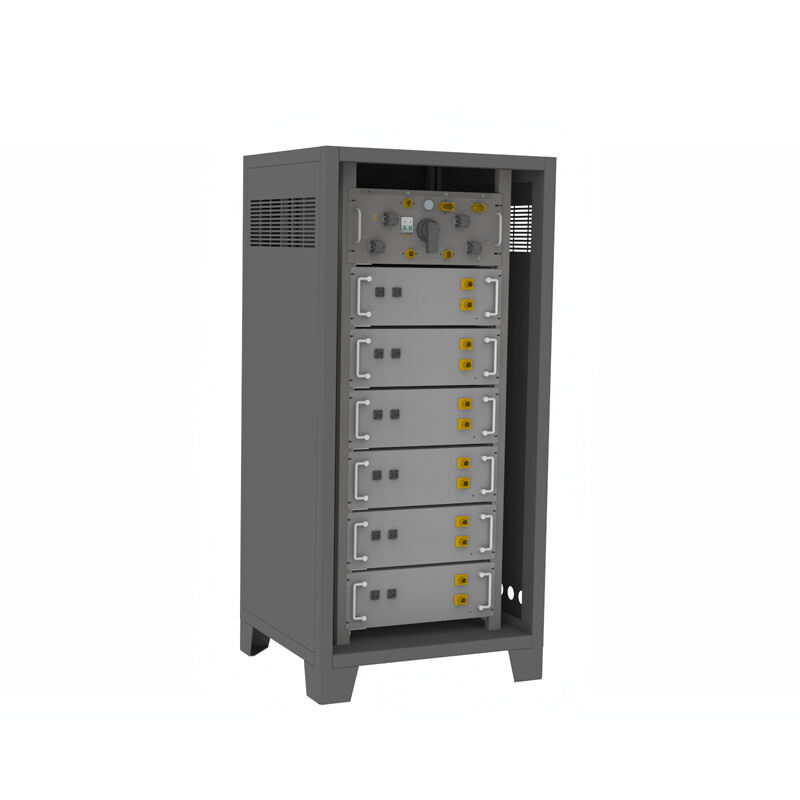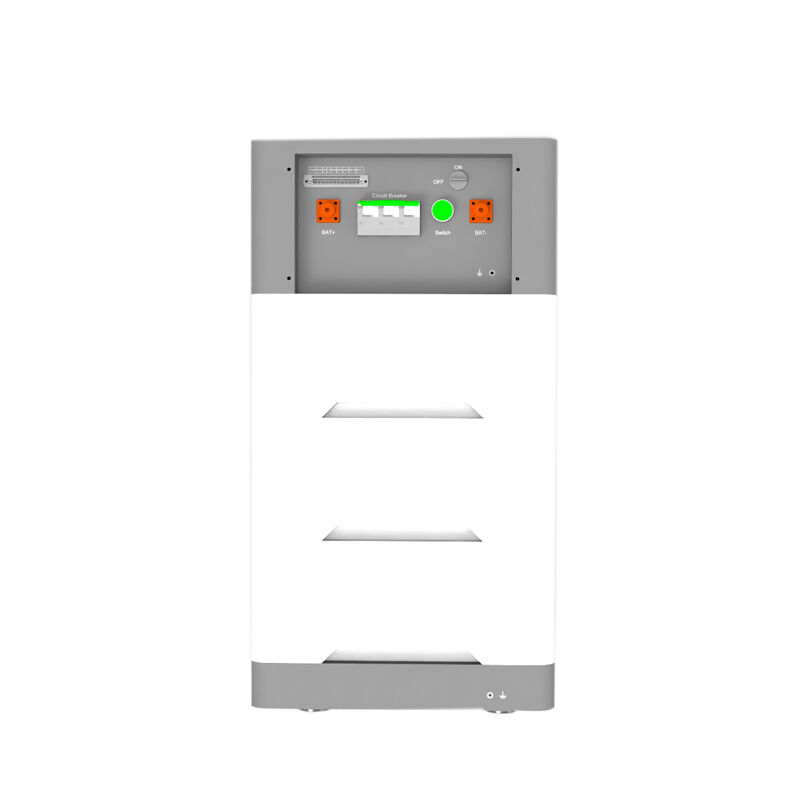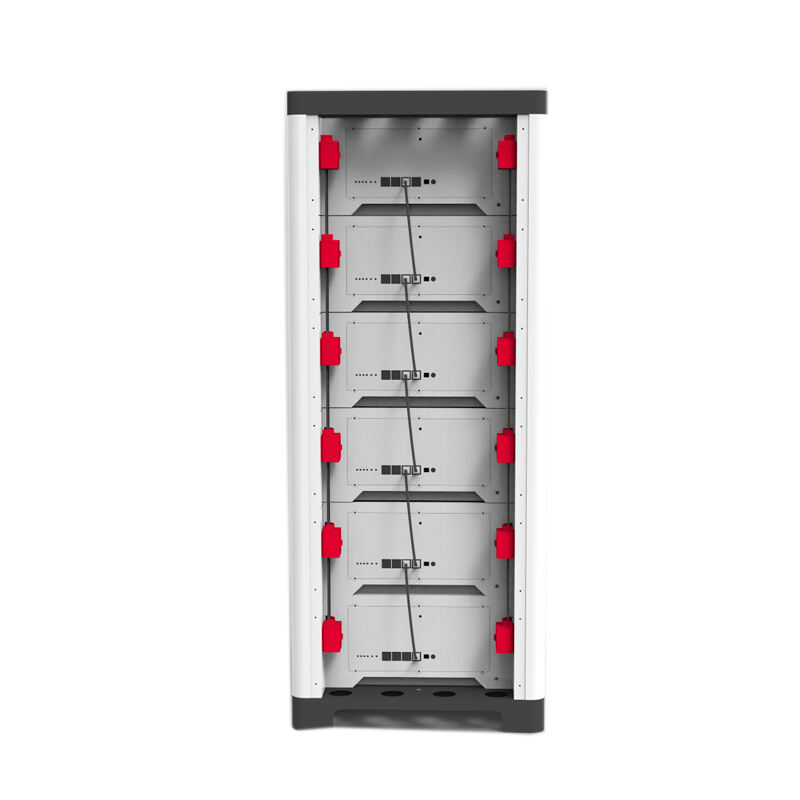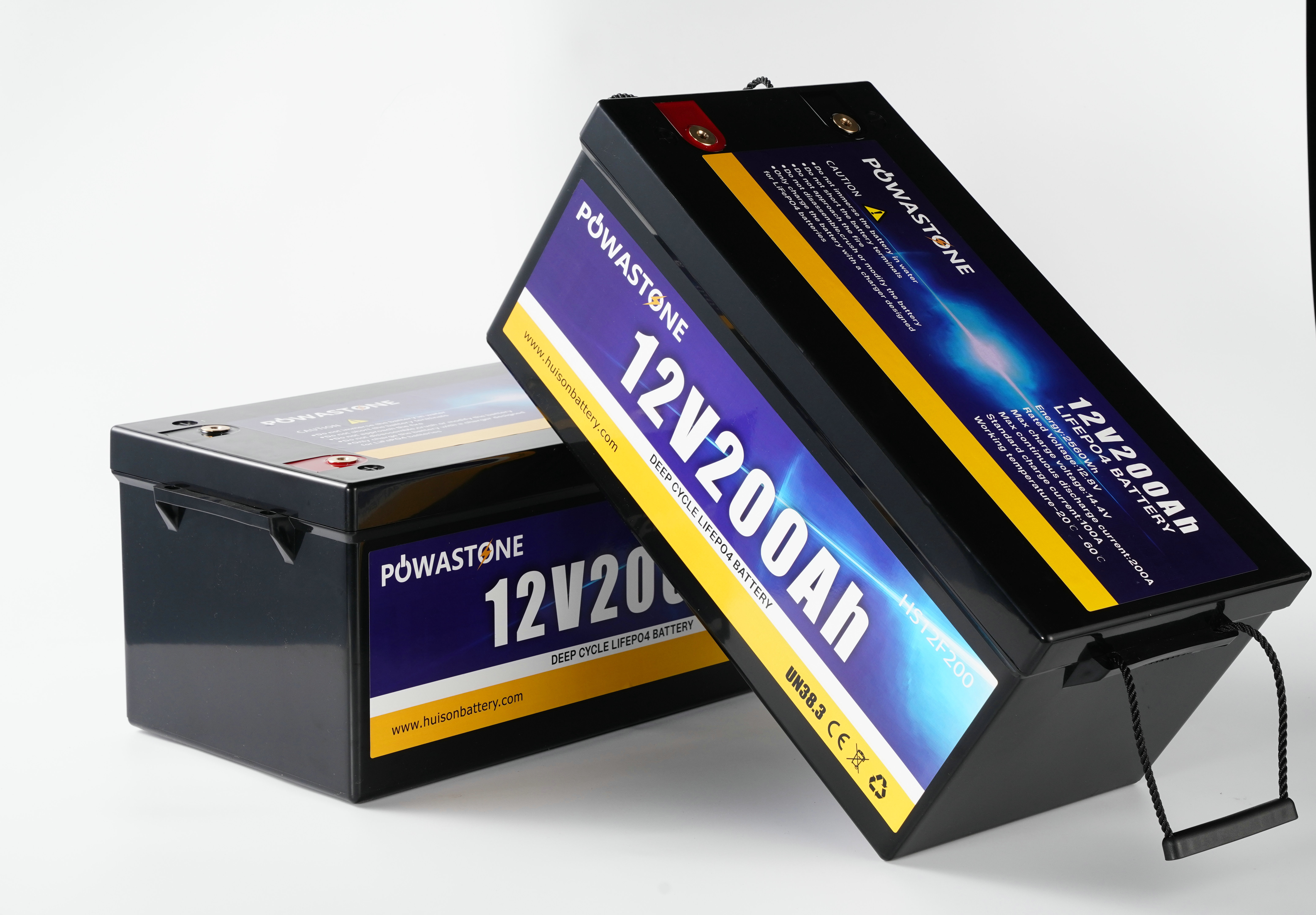บริษัทโทรคมนาคมจะได้รับประโยชน์จากผลิตภัณฑ์ระบบกักเก็บพลังงานในอุตสาหกรรมได้อย่างไร
ภาคโทรคมนาคมในปัจจุบันมีการพัฒนาอย่างรวดเร็ว และบริษัทต่างๆ ต่างมองหาเครื่องมืออัจฉริยะเพื่อทำให้เครือข่ายมีความคล่องตัวและเป็นมิตรกับสิ่งแวดล้อมมากยิ่งขึ้น หนึ่งในทางเลือกที่โดดเด่นคือระบบกักเก็บพลังงานสำหรับอุตสาหกรรม ระบบนี้สามารถจัดหาพลังงานสำรองที่เชื่อถือได้ ช่วยให้ผู้ให้บริการปรับแต่งการใช้พลังงาน ลดค่าใช้จ่าย และเพิ่มความน่าเชื่อถือในการให้บริการ บทความนี้จะเจาะลึกวิธีที่บริษัทโทรคมนาคมสามารถใช้ประโยชน์จากระบบกักเก็บพลังงานสำหรับอุตสาหกรรม โดยเน้นถึงข้อดีและแนวโน้มล่าสุดของอุตสาหกรรม
ระบบกักเก็บพลังงานสำหรับอุตสาหกรรมคืออะไร?
ระบบกักเก็บพลังงานสำหรับอุตสาหกรรม เป็นระบบที่ทำการเก็บพลังงานไว้ใช้ในภายหลัง ทำหน้าที่เสมือนตัวลดแรงกระแทกสำหรับการเปลี่ยนแปลงของอุปทานและความต้องการ ระบบนี้อาจใช้แบตเตอรี่ลิเธียม-ไอออน แบตเตอรี่แบบไหล หรือเทคโนโลยีการเก็บพลังงานรูปแบบใหม่ๆ การผนวกเข้ากับโครงสร้างพื้นฐานที่มีอยู่ในเครือข่ายโทรคมนาคม สามารถนำมาซึ่งการเพิ่มประสิทธิภาพด้านการให้บริการอย่างต่อเนื่องและประหยัดต้นทุน
ประหยัดค่าใช้จ่ายและปรับกระบวนการทำงานให้มีประสิทธิภาพ
บริษัทโทรคมนาคมสามารถประหยัดค่าใช้จ่ายได้มากและมีการดำเนินงานที่ราบรื่นขึ้นด้วยการใช้ระบบกักเก็บพลังงาน ระบบเหล่านี้จะเก็บพลังงานราคาถูกในเวลากลางคืนหรือทุกครั้งที่อัตราค่าไฟฟ้าลดลง เมื่อความต้องการใช้พลังงานสูงสุดและค่าใช้จ่ายเพิ่มขึ้น พลังงานที่กักเก็บไว้จะถูกนำมาใช้ วิธีการนี้ช่วยลดค่าไฟฟ้าและรับประกันการมีไฟฟ้าใช้ในเวลาที่เหมาะสม ป้องกันการหยุดชะงักและทำให้การให้บริการดำเนินไปอย่างราบรื่น
เพิ่มความน่าเชื่อถือและความทนทาน
สำหรับธุรกิจโทรคมนาคม การให้บริการต่อเนื่องนั้นเป็นสิ่งที่ไม่สามารถต่อรองได้ ดังนั้นพลังงานที่เชื่อถือได้จึงเป็นสิ่งจำเป็น ระบบกักเก็บพลังงานทำหน้าที่เป็นแหล่งพลังงานสำรองที่เชื่อถือได้เมื่อระบบสายส่งไฟฟ้าล่มหรือคุณภาพของไฟฟ้าไม่คงที่ การสำรองพลังงานนี้มีความสำคัญเป็นพิเศษในพื้นที่ชนบทหรือเมื่อมีสภาพอากาศเลวร้าย โดยการเลือกใช้ระบบกักเก็บพลังงาน บริษัทโทรคมนาคมจึงสามารถรับประกันการให้บริการที่เชื่อถือได้ รักษาเครือข่ายให้ทำงานต่อเนื่อง และสร้างความไว้วางใจจากลูกค้าได้มากขึ้น
สนับสนุนการเปลี่ยนผ่านไปสู่พลังงานหมุนเวียน
บริษัทโทรคมนาคมสามารถมีบทบาทสำคัญในการเปลี่ยนผ่านไปสู่พลังงานสะอาดมากขึ้น โดยการใช้ผลิตภัณฑ์ระบบกักเก็บพลังงานสำหรับอุตสาหกรรม ระบบที่ใช้กักเก็บพลังงานนี้จะรวบรวมพลังงานส่วนเกินจากฟาร์มพลังงานแสงอาทิตย์หรือพลังงานลมในช่วงที่มีการผลิตพลังงานสูง และปล่อยพลังงานออกมาใช้ในช่วงที่ไม่มีแสงแดดหรือลมพัด ซึ่งพลังงานที่เรียกใช้ได้ตามต้องการนี้จะช่วยเพิ่มความน่าเชื่อถือ และทำให้เครือข่ายดำเนินการได้อย่างราบรื่นมากยิ่งขึ้น โดยการใช้พลังงานหมุนเวียนให้เกิดประโยชน์สูงสุดนี้ จะช่วยแสดงให้ลูกค้าและหน่วยงานกำกับดูแลเห็นว่า บริษัทโทรคมนาคมมีความมุ่งมั่นที่จะลดการปล่อยก๊าซเรือนกระจก และปฏิบัติตามข้อกำหนดด้านพลังงานสะอาด
แนวโน้ม ที่ ชัดเจน ถึง อนาคต
บริษัทโทรคมนาคมเพิ่มมากขึ้นเลือกเก็บพลังงานอุตสาหกรรม เมื่อต้นทุนลดลงและเทคโนโลยีดีขึ้น แบตเตอรี่ที่เร็วและเล็กกว่า และการควบคุมระบบระบบที่ฉลาดกว่า ทําให้การติดตั้งง่ายและถูกกว่าเดิม ในขณะเดียวกัน รัฐบาลและผู้บริโภคยังคงผลักดันให้มีการลดการปล่อยคาร์บอน ผู้ประกอบการที่ติดตั้งระบบเหล่านี้ จะทํางานเครือข่ายของพวกเขาได้อย่างมีประสิทธิภาพมากขึ้น และใช้น้ํามันน้อยลง โดยได้รับความสามารถในการแข่งขันและความไว้วางใจของชุมชน ผู้นําในด้านการเก็บพลังงานในปัจจุบัน จะสร้างอุตสาหกรรมโทรคมนาคมที่สะอาดและน่าเชื่อถือมากขึ้นในปีข้างหน้า
สรุปได้ว่า บริษัทโทรคมนาคมได้รับประโยชน์มากมายจากการใช้โซลูชันกักเก็บพลังงานในอุตสาหกรรม พวกเขาสามารถประหยัดค่าใช้จ่ายด้านพลังงาน ดำเนินงานได้อย่างมีประสิทธิภาพมากขึ้น มีแหล่งพลังงานที่เสถียร และสามารถผนวกแหล่งพลังงานหมุนเวียนเพิ่มเติมได้อย่างง่ายดาย เมื่อภาคโทรคมนาคมมีความก้าวหน้าอย่างต่อเนื่อง การนำระบบกักเก็บพลังงานมาใช้จะช่วยให้บริษัทมีความสามารถในการแข่งขัน และเตรียมความพร้อมรับการเปลี่ยนแปลงของตลาดในอนาคต















